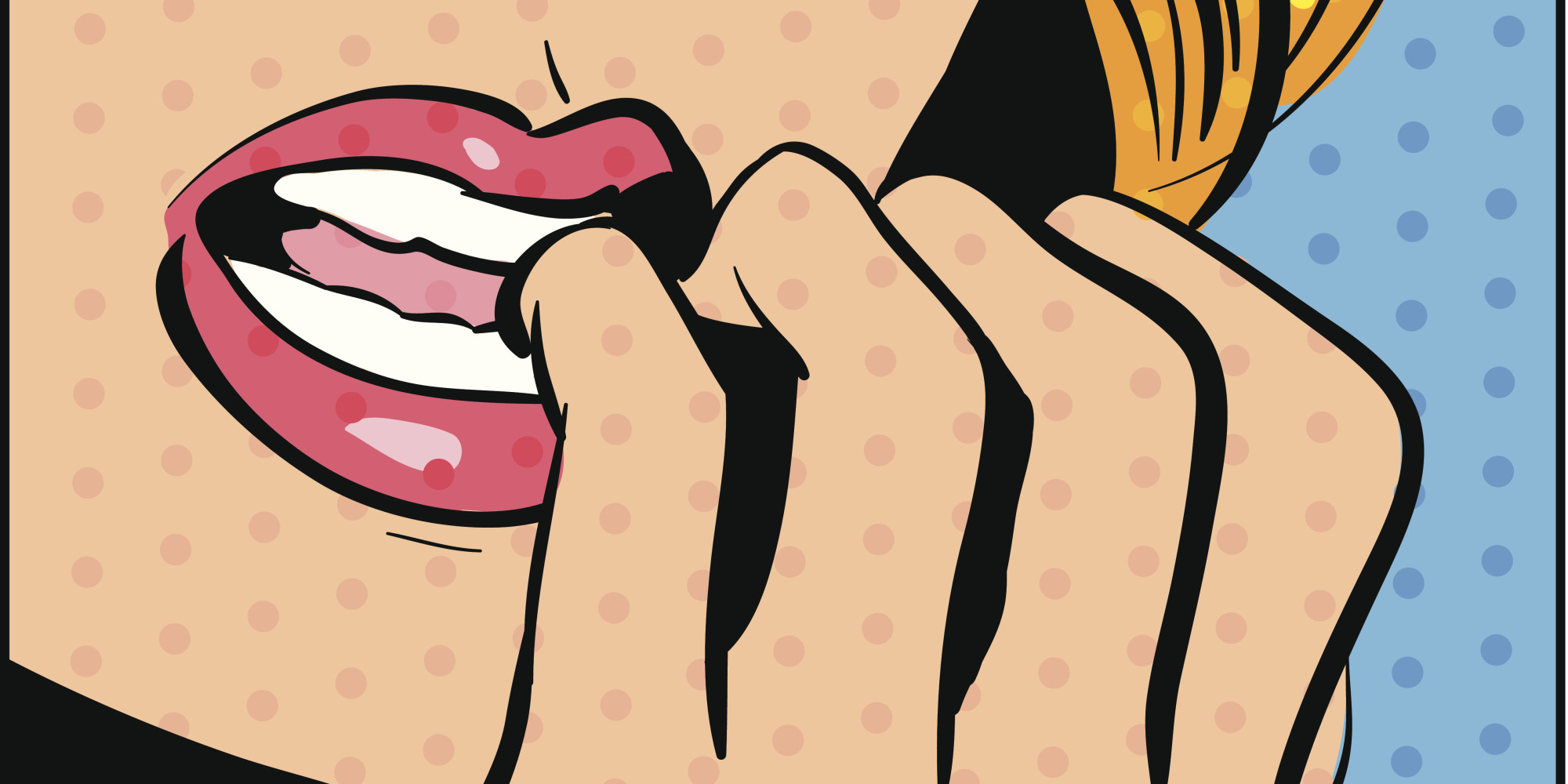It's important to recognise that anxiety is actually pretty useful in a lot of ways. It keeps us alert and on our toes, perfect for when we need to perform well at say a job interview or in a test. It also helps us react to danger, and over the years as we evolved as humans, the 'fight or flight' response has enabled us to survive as a species.
But what happens when that anxiety gets out of control? When our anxious reaction is disproportionate to the situation we're in? When we can't switch it off?
When I tell people I have Generalised Anxiety Disorder, a lot of people can identify and say 'oh yeah, I get anxious too!' Now don't get me wrong, I'm sure everyone I know has experienced anxiety at some points in their life. I would probably be more concerned if they hadn't! But having an anxiety disorder is a long-term, debilitating condition that a lot of people still fail to fully understand.
I worry all the time. About everything. Genuinely, I do. I worry not only about big things such as meetings, or deadlines and things like that, but I worry about what people think of me. I get anxious about travelling too far. I become uneasy when I know I have to do something on my own without the support of my partner or someone else I trust. It has now lead to me avoiding many things, such as social situations, using public transport, travelling for too long, and even eating certain foods.
In terms of my appetite, my anxiety affects this too. Because of the amount of energy my panic attacks take up, I can be left feeling extremely shaky, and desperately need sugar or carbs to bring my energy levels back up after an attack. Other times, I have cooked myself a lovely meal, only for a panic attack to appear out of the blue and steal my appetite away completely, taking away my ability to even swallow water.
My sleep is erratic. Some days, I am so tired I can sleep twelve hours because I'm so exhausted from the panic attacks I have had in the day. Other days, because my mind is so alert, awake, and over analysing a situation I've just experienced or am about to, I can be awake until three in the morning, pacing the lounge to try and calm my panic.
And what about the panic attacks themselves? They can come on slowly, creeping up on me and eating me up as they become stronger and stronger throughout the day, or they can jump out at me out of nowhere, full throttle. My stomach churns, and I often have gastrointestinal issues because of them, and feel nauseous. My hands become sweaty, I feel hot and clammy all over. I start shaking, in my hands, and my legs, and I twitch as I try to ward off the panic. My heart rate goes up and up by the second, making it difficult to breathe, with my chest getting tight and I find it hard to catch my breath, often hyperventilating. If I try to speak, my voice shakes and I can't string a sentence together for love nor money. Sometimes I have to sit and curl up into a ball, other times I pace the house, unable to keep still. All the while, my mind is working at 100 miles an hour, wanting to calm down so badly, yet feeling so out of control I just want to run. I look everywhere for somewhere to escape, to run, to hide. After this has stopped, which could be anything from twenty minutes to a couple of hours, I am exhausted, often upset and crying, feeling embarrassed and as though I have ruined the day/night. I have a complete mood drop and feel as though I am a burden on all those around me and that my partner would be better off without me.

It is relentless.
It can be difficult to try and explain to someone you know about your anxiety disorder. I often have to cancel because I've had an attack or feel too anxious to see friends or family. The worst thing is when you have a panic attack around friends and family - I often feel as though my anxiety is the reason I have lost so many friends. But I am slowly learning that those who love me are willing to go through the difficult times with me, and that's what matters the most.
If you know someone who suffers with anxiety, I urge you to please be patient with them. They may need 'time out' when you're doing things, or they may have to cancel/rearrange at short notice. They're not trying to be difficult and they're certainly not a let down, they just have an illness that takes time to control, and sometimes takes over. Be kind to them and encourage them to be kind to themselves, as it is easy to have your self-esteem knocked and for you to experience low moods when you have anxiety. Remember, it is not a choice, it is a disorder.
Further Information
Mind - Anxiety
NHS - Generalised Anxiety Disorder
Anxiety UK

No comments:
Post a Comment